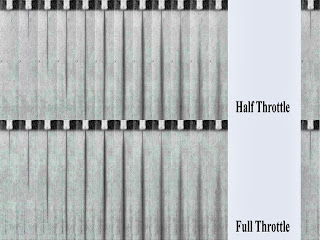Investigations on deposits in engines for gasoline and diesel fuel were conducted more than 40 years ago. Many investigations have been conducted in order to understand the deposit effects on engines and how these deposits develop in engines. Generally, there are three main investigations on deposits which are now still continuing due to various types of engines that are available and also due to new developments in engine technology. The investigations cover (1) the effects of deposits on engines; (2) the factors that cause the deposit formation; and, (3) the investigation of deposit properties. The effects of deposits on engines are including emissions, heat loss, engine performance and engine damage. However, the factors effecting deposit formation, such as fuel and oil, engine operating conditions, wall temperatures, and air/fuel ratios, are still being investigated for various types of engines. Deposit properties were also investigated in order to learn more about thermal properties and its structures.
Most deposit research available in the literature was conducted by using real engine tests. Real engine test can be categorized into two types. Those using engine bench tests and those using vehicle tests. Both tests require long periods and traveling long distances, respectively. Some deposit investigations for engine bench tests required up to approximately 200 hours of engine operation. Others had conducted an investigations on deposit control by using a new lower-emission engine test with 360 hours of engine operation. In terms of deposit investigation through vehicle tests, long distance travel is required to obtain a significant amount of deposit and effects for certain investigation. Due to long periods and long travel distance, both types of test involved high operating costs and were exposed to engine damage during the deposition test.
The utilization of bio-diesel fuel further increases the tendencies of deposit formation in the engine due to its higher viscosity and distillation temperature compared to diesel fuel. Due to the difficulties of applying real engine deposition test, simplified method tests are required for fuel droplet and fuel spray deposition studies. These methods are capable in differentiating the deposit formation for various types of fuels. Deposition tendencies investigation was conducted for diesel fuel, pure bio-diesel fuels and bio-blended diesel fuels.


